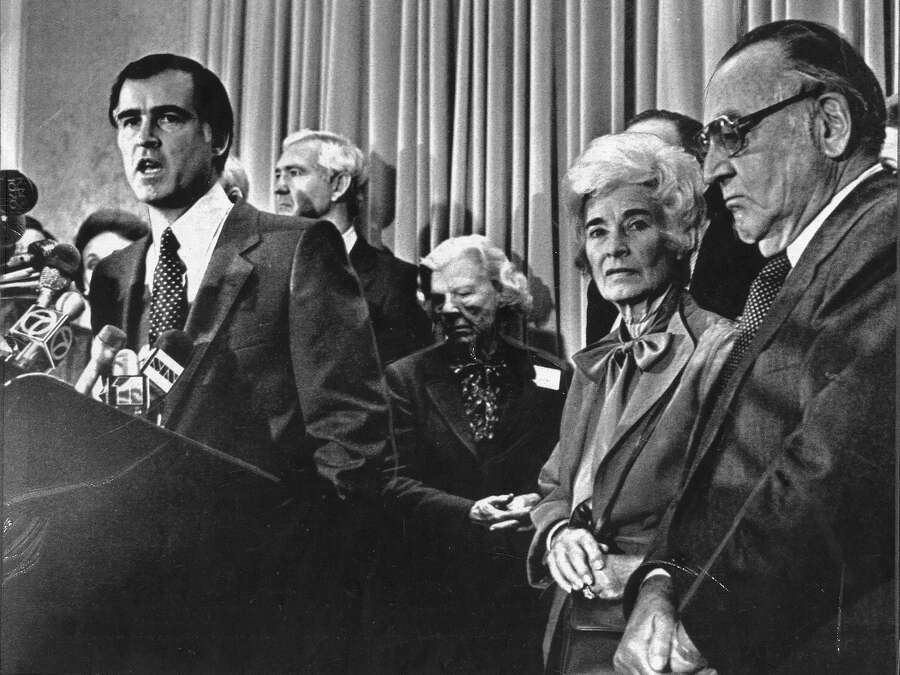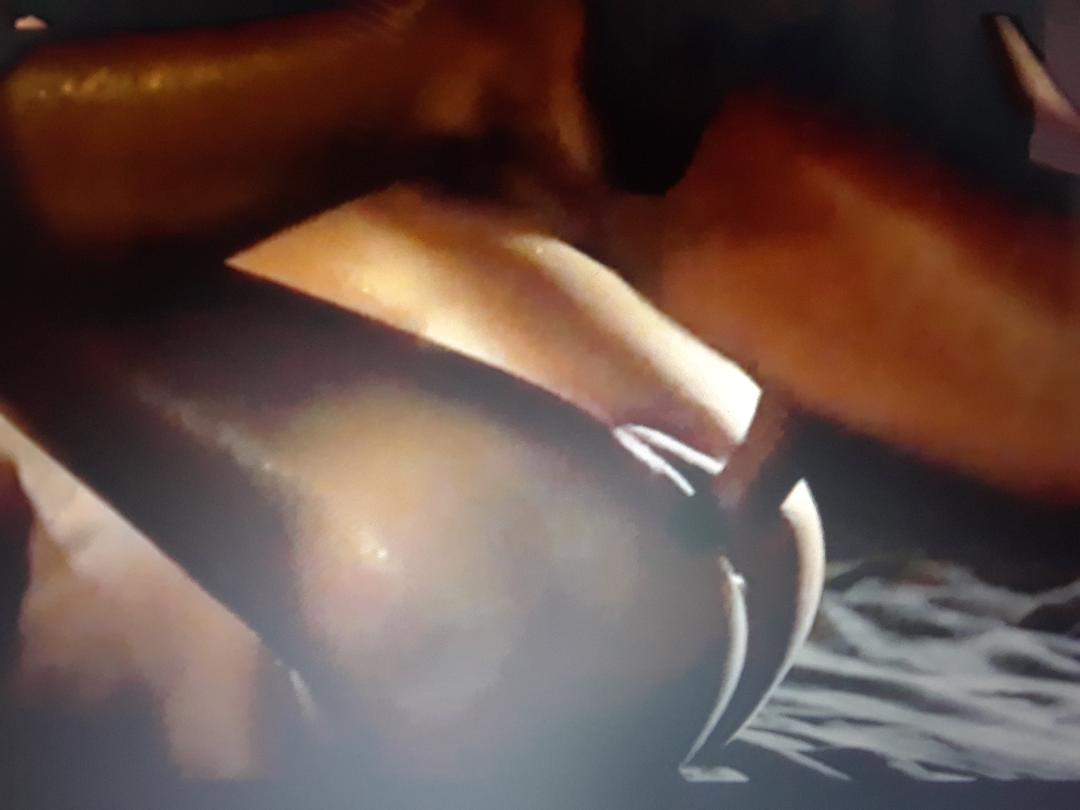Chapter IX: Secret Diary of Irene Evanggeliou
NSFW SEGMENT DISCLAIMER: The following segment will be extremely grisly graphic, gory & erotic. Viewer discretion is strongly advised & NOT for the squeamish folks!
August 17th, 1978:
Irene Evanggeliou: Secret Personal Diary (Part I)
"It was 8:00 PM in the evening HRS of August 7th, 1978. I was hired by one of the senior level higher-ups of the Vatican, who requested my personal services.
Being an island girl from Greece, I was amazed and honored by this job and I was given full access to this secret job. Upon arriving in Italy during the evening HRS of August 11th, I set up my underground secret lab at an undisclosed location including making wax copy of the late Pontiff when I heard about some incompetent medical expert named Marco Saltinetti, whose botched embalming attempt was so disastrous, it caused well awful results.
The official story publicly was that the late Pontiff was entombed in a private ceremony inside St. Peter's Basilica in Vatican City following the Papal Funeral on August 12th.
However, what really happened was that my team of assistants and I secretly placed the wax copy look-alike into the new casket and lowered it into the tomb and had concrete poured on top of the vault forever, while we placed the casket containing the late real Pontiff into a large hearse covered with large curtains before driving away to our secret undisclosed location.
While my team of assistants carefully placed the casket on a stand by wheeling it into the large underground tunnels, I began to prepare for the long deep thorough and eccentric process of perfecting the masterpiece."
August 17th, 1978:
Irene Evanggeliou: Secret Personal Diary (Part I)
"It was 8:00 PM in the evening HRS of August 7th, 1978. I was hired by one of the senior level higher-ups of the Vatican, who requested my personal services.
Being an island girl from Greece, I was amazed and honored by this job and I was given full access to this secret job. Upon arriving in Italy during the evening HRS of August 11th, I set up my underground secret lab at an undisclosed location including making wax copy of the late Pontiff when I heard about some incompetent medical expert named Marco Saltinetti, whose botched embalming attempt was so disastrous, it caused well awful results.
The official story publicly was that the late Pontiff was entombed in a private ceremony inside St. Peter's Basilica in Vatican City following the Papal Funeral on August 12th.
However, what really happened was that my team of assistants and I secretly placed the wax copy look-alike into the new casket and lowered it into the tomb and had concrete poured on top of the vault forever, while we placed the casket containing the late real Pontiff into a large hearse covered with large curtains before driving away to our secret undisclosed location.
While my team of assistants carefully placed the casket on a stand by wheeling it into the large underground tunnels, I began to prepare for the long deep thorough and eccentric process of perfecting the masterpiece."








